Should I Give My Chickens Garlic?

Garlic has many health benefits, and is an easy and inexpensive way to keep your backyard flock healthy and happy.
If you’ve done any research at all on supplementing your chickens diet for health benefits you’ve probably come across the recommendation of adding garlic to their care regimen. Garlic has many health benefits for both humans and animals, and is an easy and inexpensive way to keep your backyard flock healthy and happy.
Like Apple Cider Vinegar, garlic is thought to increase the overall health of chickens. Even though exactly how garlic works is still a little bit of a mystery, because of garlic’s popularity as a supplement it has been studied, it is considered safe to give to animals, and recommended by the Storey’s Chicken Health Handbook.
How is Garlic Beneficial to Chickens?
- Supports the immune system. Compounds within have been shown to boost the disease-fighting response of some types of white blood cells in the body when they encounter viruses.
- Reduces Odors in chicken manure. In a study by Clemson University when fed to chickens garlic effectively masks the odor of chicken waste, without changing the taste of eggs. Protects against viruses. Garlic is proven to be active against viruses, including Salmonellosis, Colibacillosis and Cholera.
- Kills bad bacteria. Garlic is thought to be an anti -bacterial agent that can inhibit the growth of infectious bacteria and offer protection from pathogens.
- Helps hens’ egg production. It’s known to help produce larger, better quality eggs with a lower level of ‘bad’ cholesterol.
- Helps underweight or non-eating chickens. Garlic, like apple cider vinegar, is thought to stimulate the appetite and helps promote growth.
- Deters parasites. The allicin contained in garlic is thought to make the chickens’ blood, which the mites feed off, taste undesirable. If you prefer a natural mites preventative, garlic is worth a try.
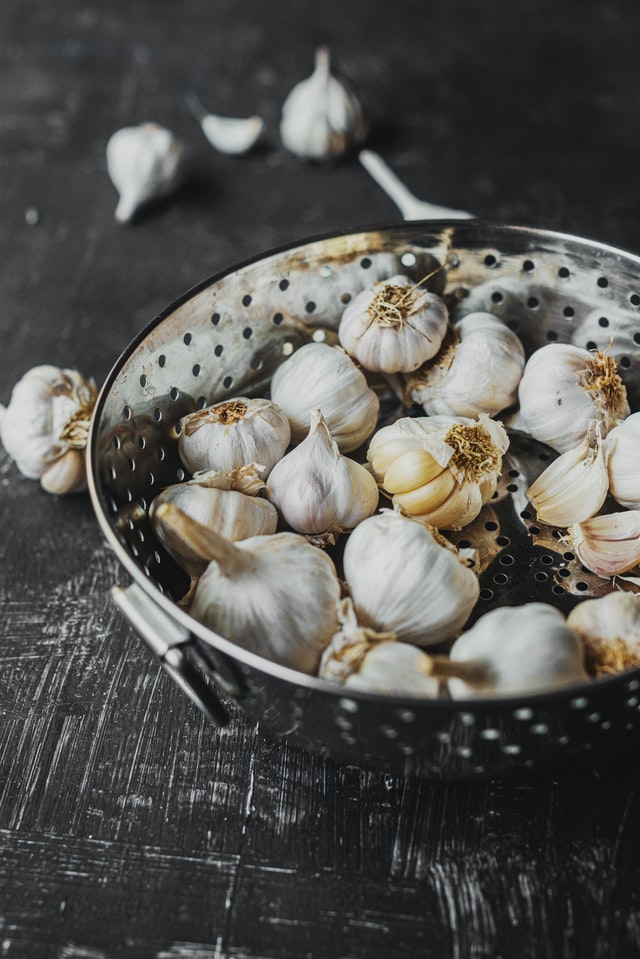
How To Add Garlic To A Chickens Diet
There are a few different ways you can go about adding garlic to your chicken’s diet. If you are introducing garlic for the first time, you may have to experiment a little to find what works best for you and your flock.
It is best to start chickens on garlic when they are younger, so they can become accustomed to the flavor of garlic. Once conditioned from a young age to accept the flavor of garlic, chickens should have no trouble drinking water that is infused with crushed fresh garlic, or even eating a raw bulb. Older birds who have never had garlic are more likely to eat garlic powder that has been mixed into their feed.
Garlic Powder in Chicken Feed
Garlic powder is probably the easiest way to get garlic into your flock’s diet, and the most readily accepted by birds who have never had garlic before.
It is generally thought that garlic powder is less potent and provides less of the health benefits that fresh garlic can, but studies, such as this one published in the International Journal of Poultry Science, have found that adding no more than 1% of garlic powder to a hen’s diet increased both the rate at which hens laid, and the quality, including weight, of their eggs.
Mixing in about 1/4 teaspoon of garlic powder per 1 cup of feed is my favorite way to get garlic into my hen’s diet. They never turn up their beaks at this ratio and there is no waste
Crushed Fresh Garlic in Drinking Water
Crushing garlic releases allicin which is the amino acid within garlic that is thought to offer the health benefits mentioned above. An inexpensive garlic press will make quick work of crushing and peeling the garlic.
Adding crushed garlic to the drinking water at the rate of 1 clove per 4 gallons of water, will provide the recommended amount of garlic to provide the health benefits and odor reduction of the chicken’s waste.
Garlic water will get nasty pretty quickly during hot summer days, make sure to change it out every day. Anytime you add anything to your flock’s waterer it is important to also offer a water source with plain water. There’s always that one super fussy chicken who will decide she doesn’t like the taste. If your flock is skeptical of drinking garlic water, add less garlic and slowly build up the amount.
Like Apple Cider Vinegar, you should not put garlic in a water container made from galvanized steel. Garlic will eat at the galvanized steel leaching out toxic levels of zinc.
Free Choice Fresh Crushed Garlic
Although, I have never had good luck getting my birds to eat straight raw garlic, you can offer crushed fresh cloves in a small dish free-choice. Garlic begins to lose its potency after 24 hours, so a fresh crushed glove should be offered daily if this is your preferred method of supplementation. Always offer raw garlic to your flock, as cooking reduces the amount of allicin.
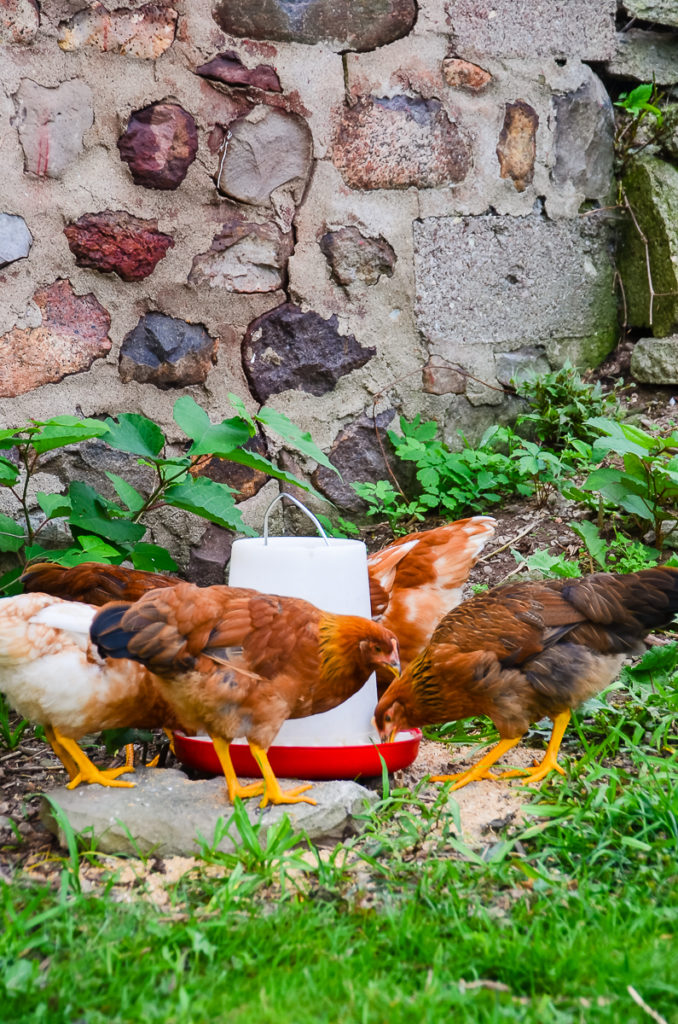
As chicken keepers, we want to do our best to make sure our flock is healthy and happy. When considering supplementation, I highly recommend looking into adding apple cider vinegar into your chicken’s diet as well. Apple Cider Vinegar is another great way to boost your flock’s immune system and keep your hen’s in good health.




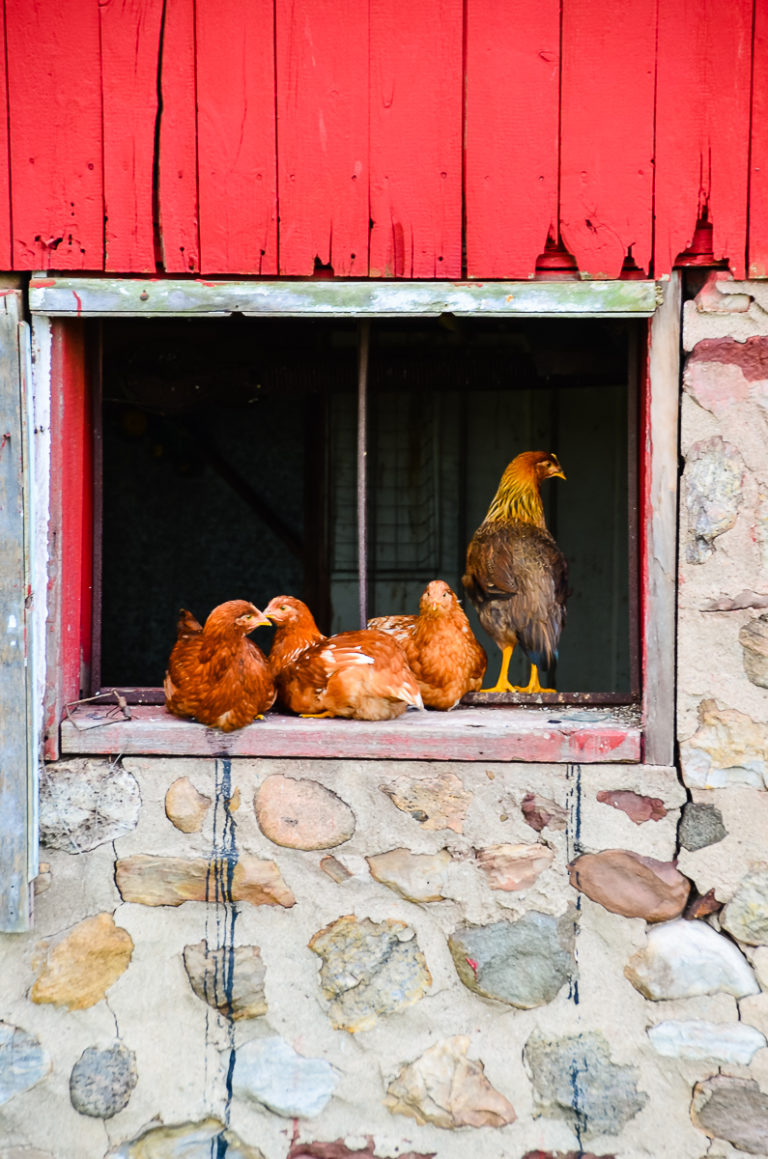
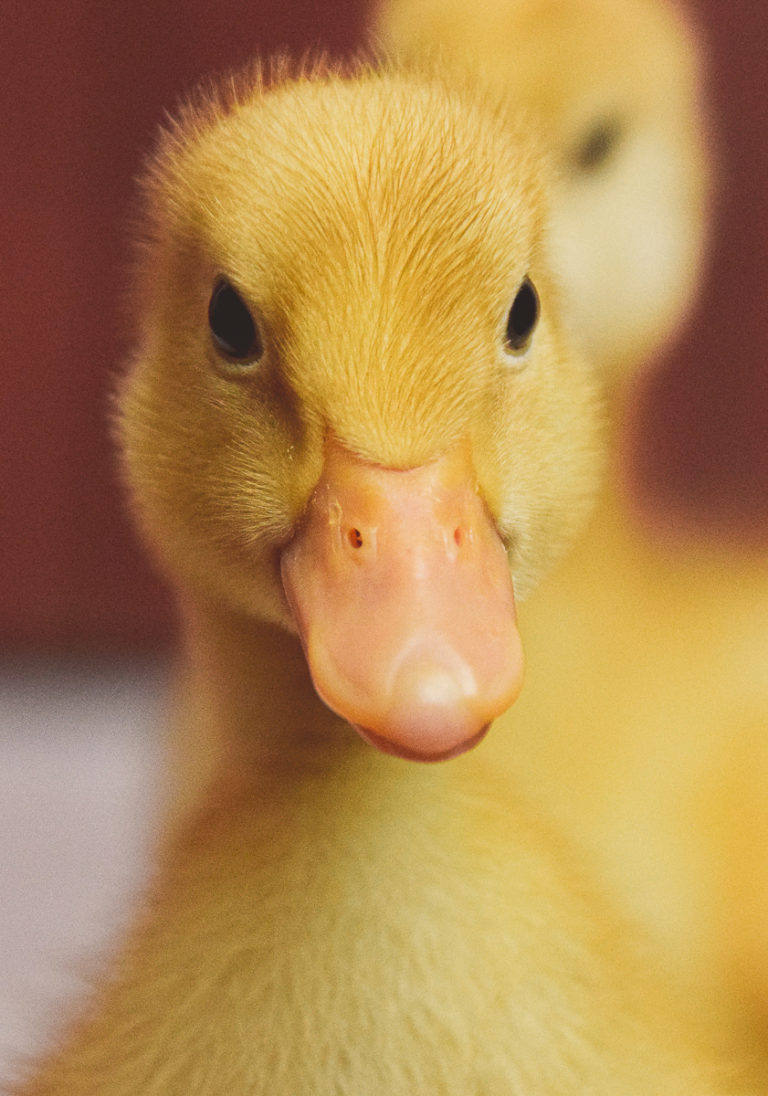

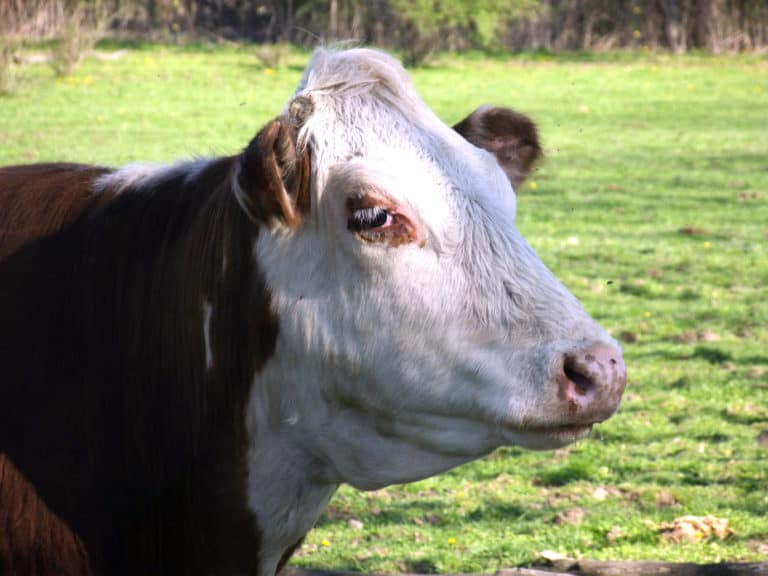
Can elephant garlic be used in water for baby chicks
We have wild garlic growing in their roaming areas and they eat it up! Seem to love the taste and are happy to eat it right from the plant.